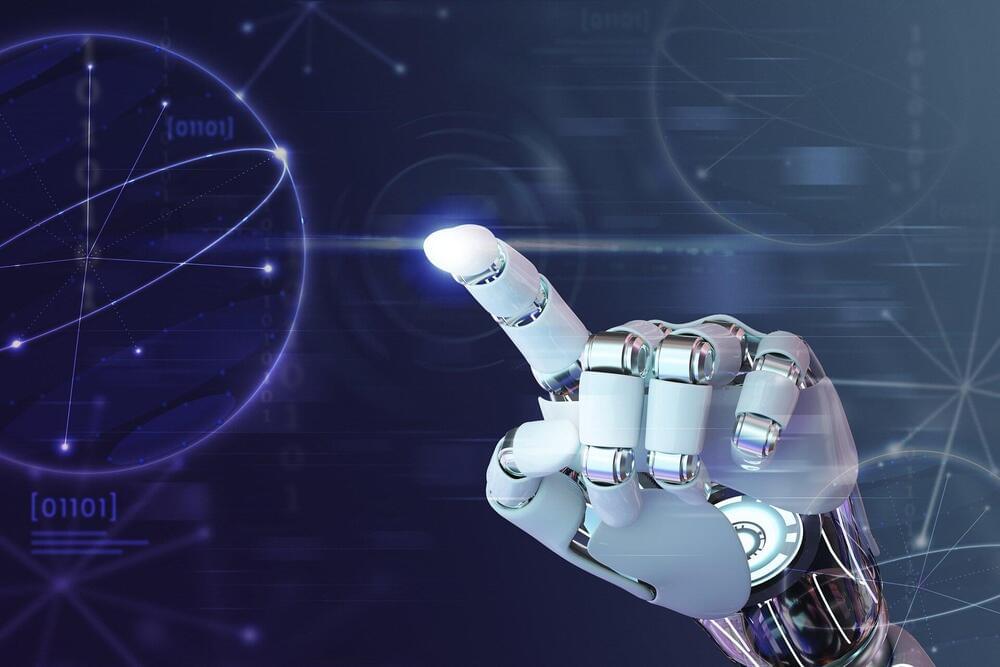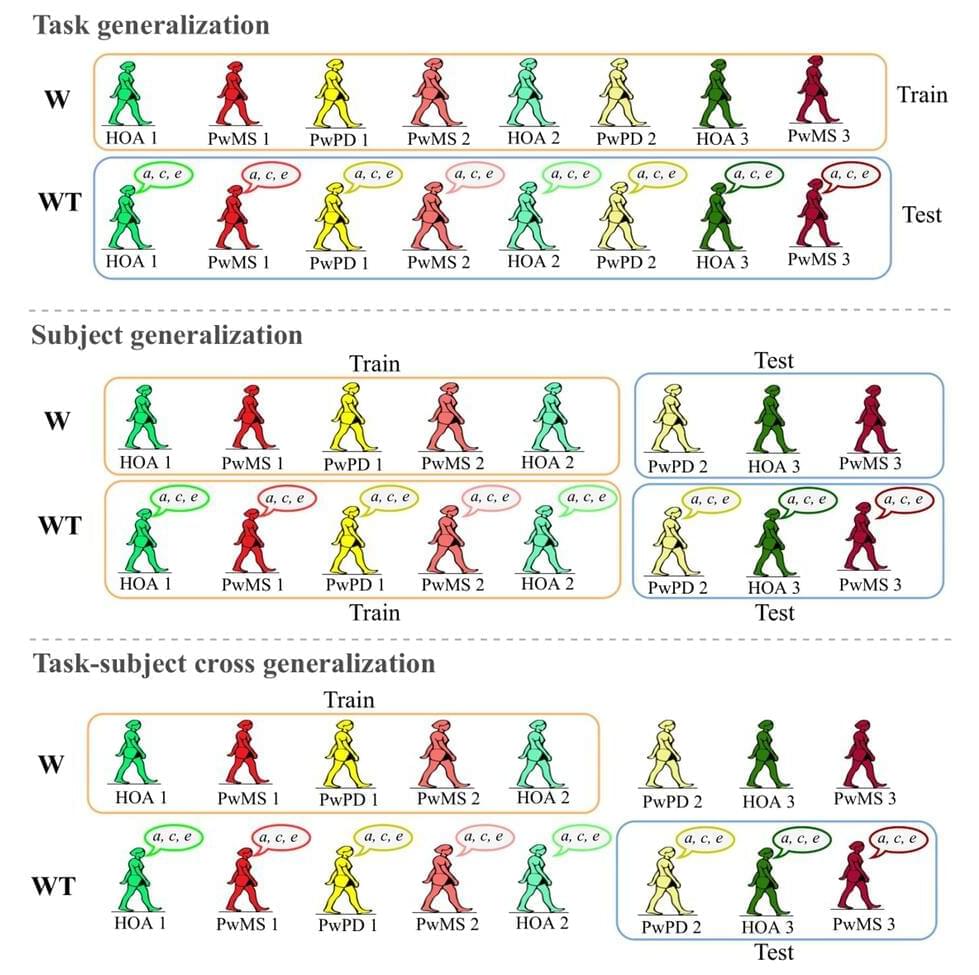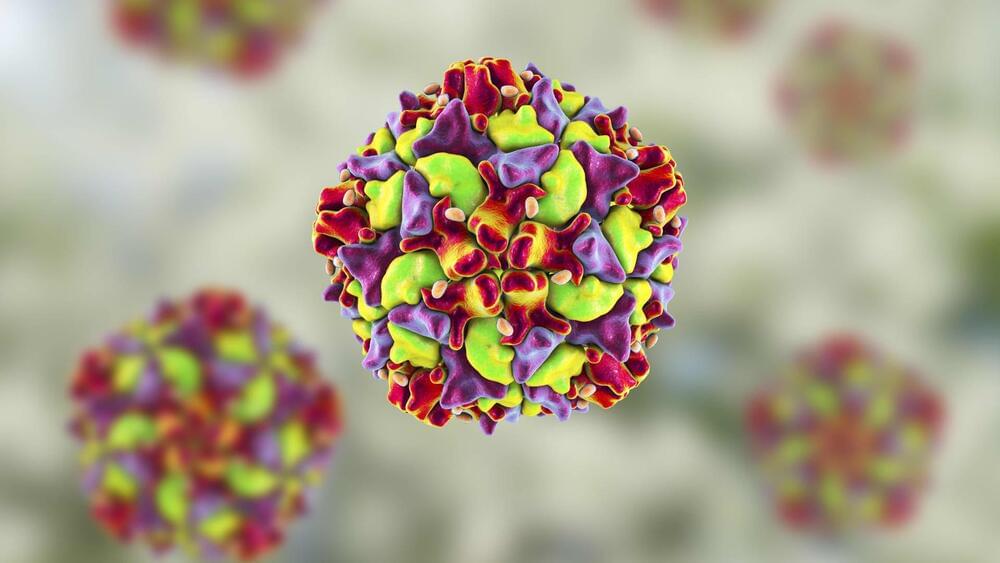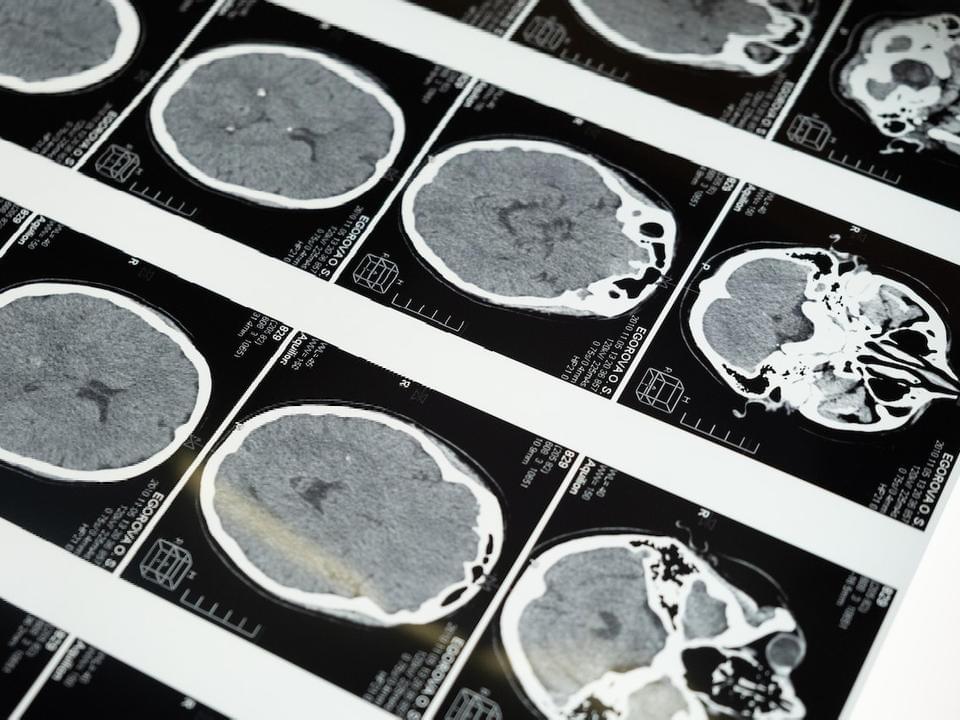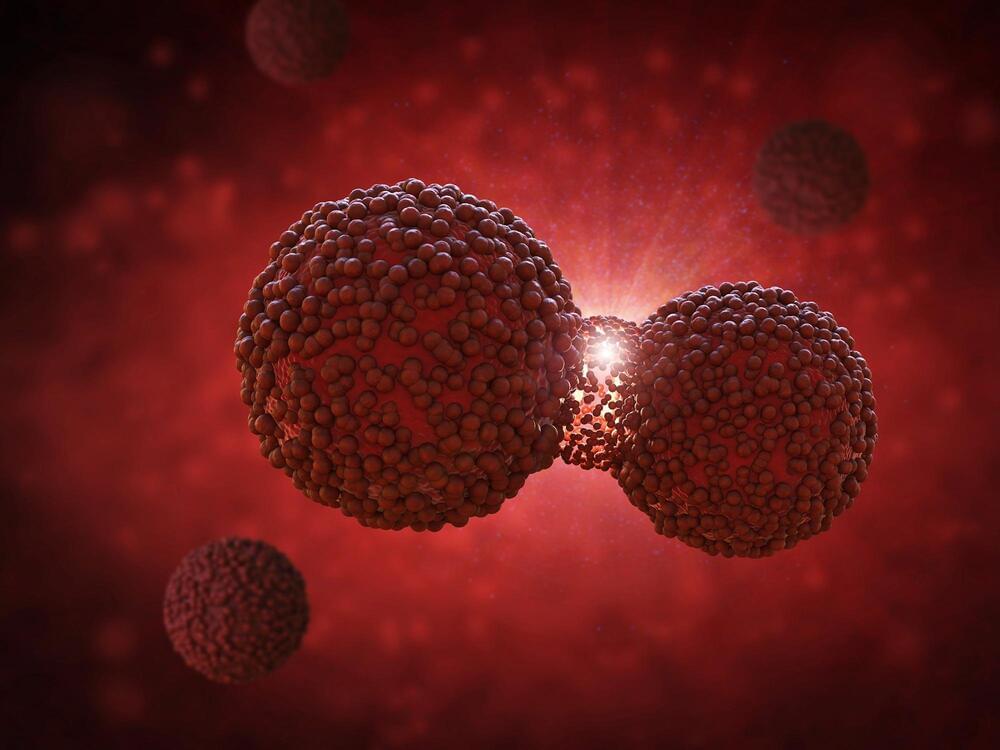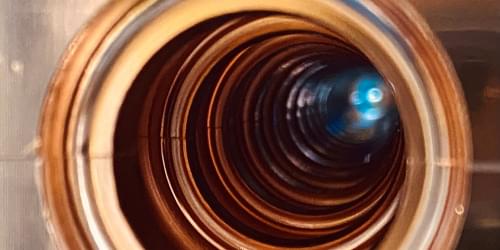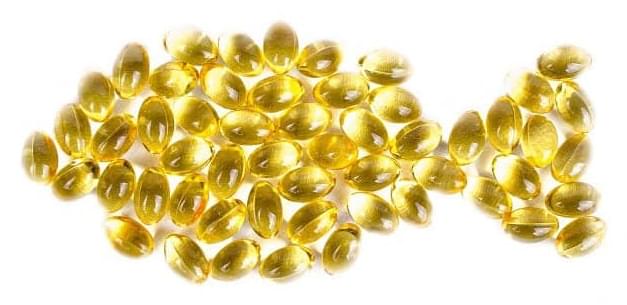An interdisciplinary team of researchers has developed a blueprint for creating algorithms that more effectively incorporate ethical guidelines into artificial intelligence (AI) decision-making programs. The project was focused specifically on technologies in which humans interact with AI programs, such as virtual assistants or “carebots” used in healthcare settings.
“Technologies like carebots are supposed to help ensure the safety and comfort of hospital patients, older adults and other people who require health monitoring or physical assistance,” says Veljko Dubljević, corresponding author of a paper on the work and an associate professor in the Science, Technology & Society program at North Carolina State University. “In practical terms, this means these technologies will be placed in situations where they need to make ethical judgments.”
“For example, let’s say that a carebot is in a setting where two people require medical assistance. One patient is unconscious but requires urgent care, while the second patient is in less urgent need but demands that the carebot treat him first. How does the carebot decide which patient is assisted first? Should the carebot even treat a patient who is unconscious and therefore unable to consent to receiving the treatment?”
